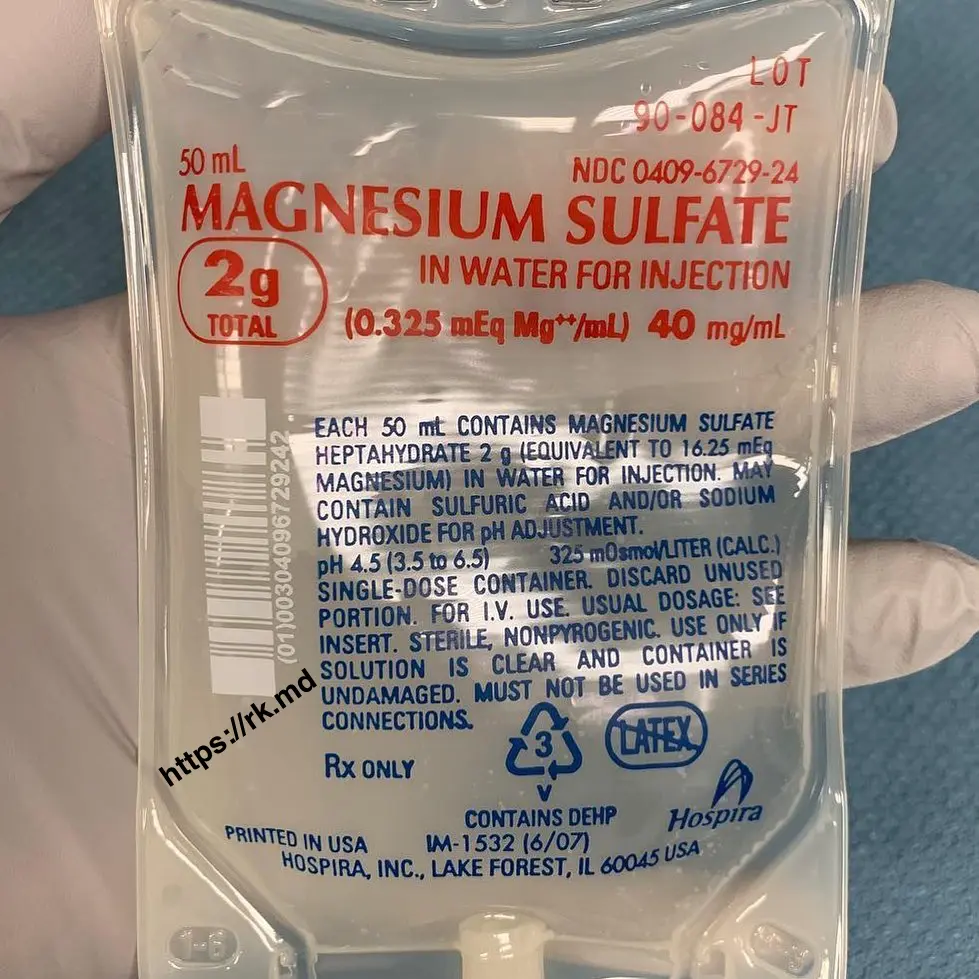Magnesium is an important intracellular electrolyte that regulates neuronal conduction, vascular tone, myocardial excitation, and muscular contraction. Patients often lose magnesium through significant NG tube drainage, diarrhea, and diuresis. Many of them also come in with baseline malnutrition secondary to poor absorption and alcoholism.
As a med student/resident, I saw magnesium administered many times on my obstetrics rotations as a tocolytic, for fetal neuroprotection, and a few times for eclamptic seizures. I also saw it used as part of multimodal post-operative analgesia regimens for patients with chronic pain.
As an intensivist, I’ve used magnesium as a bronchodilator and several times as the “go to” treatment for torsades de pointes. As an anesthesiologist, I’ve administered magnesium to decrease the incidence of post-operative atrial fibrillation and ventricular dysrhythmias.
Magnesium toxicity presents as a spectrum of symptoms depending on the degree of hypermagnesemia ranging from hyporeflexia and hypotension to cardiac arrest. In general, if your patient still has deep tendon reflexes, magnesium toxicity is very unlikely. Get out those reflex hammers!
Drop me a comment below with questions! 🙂






